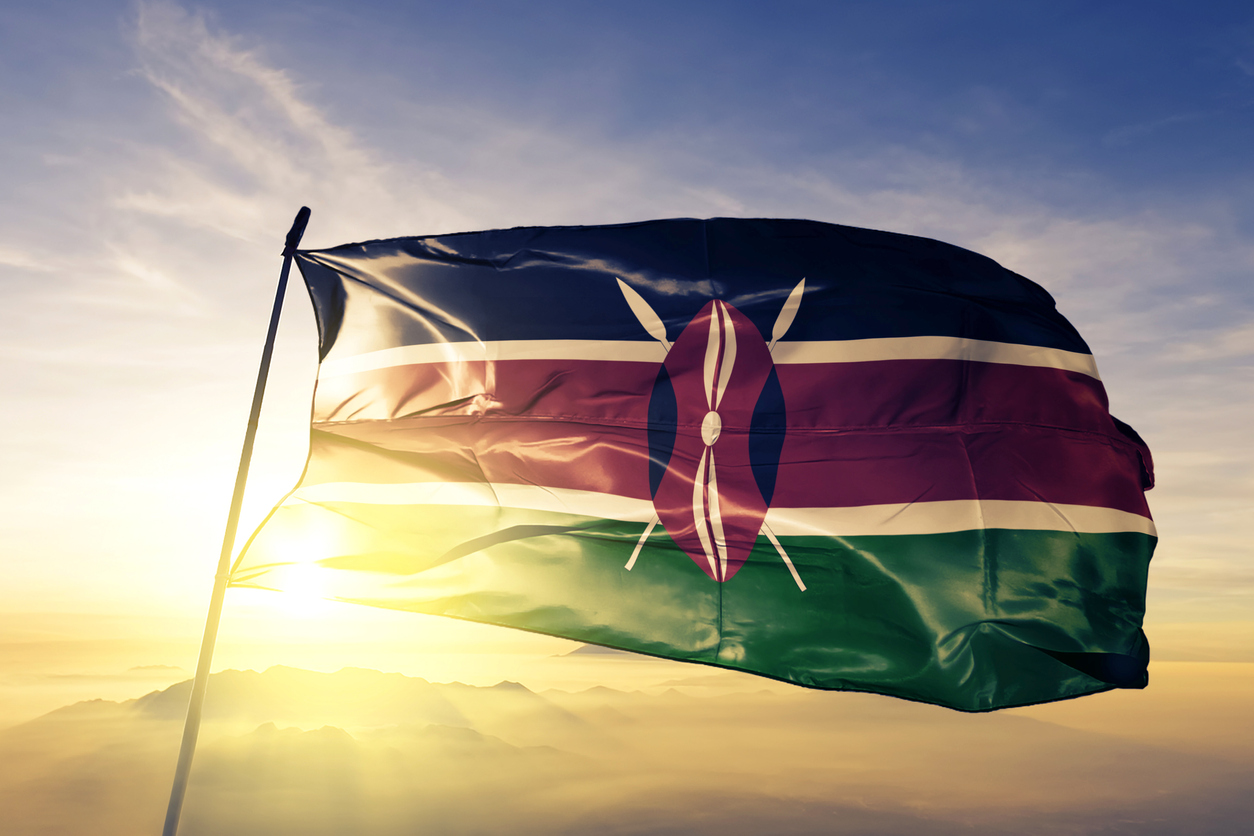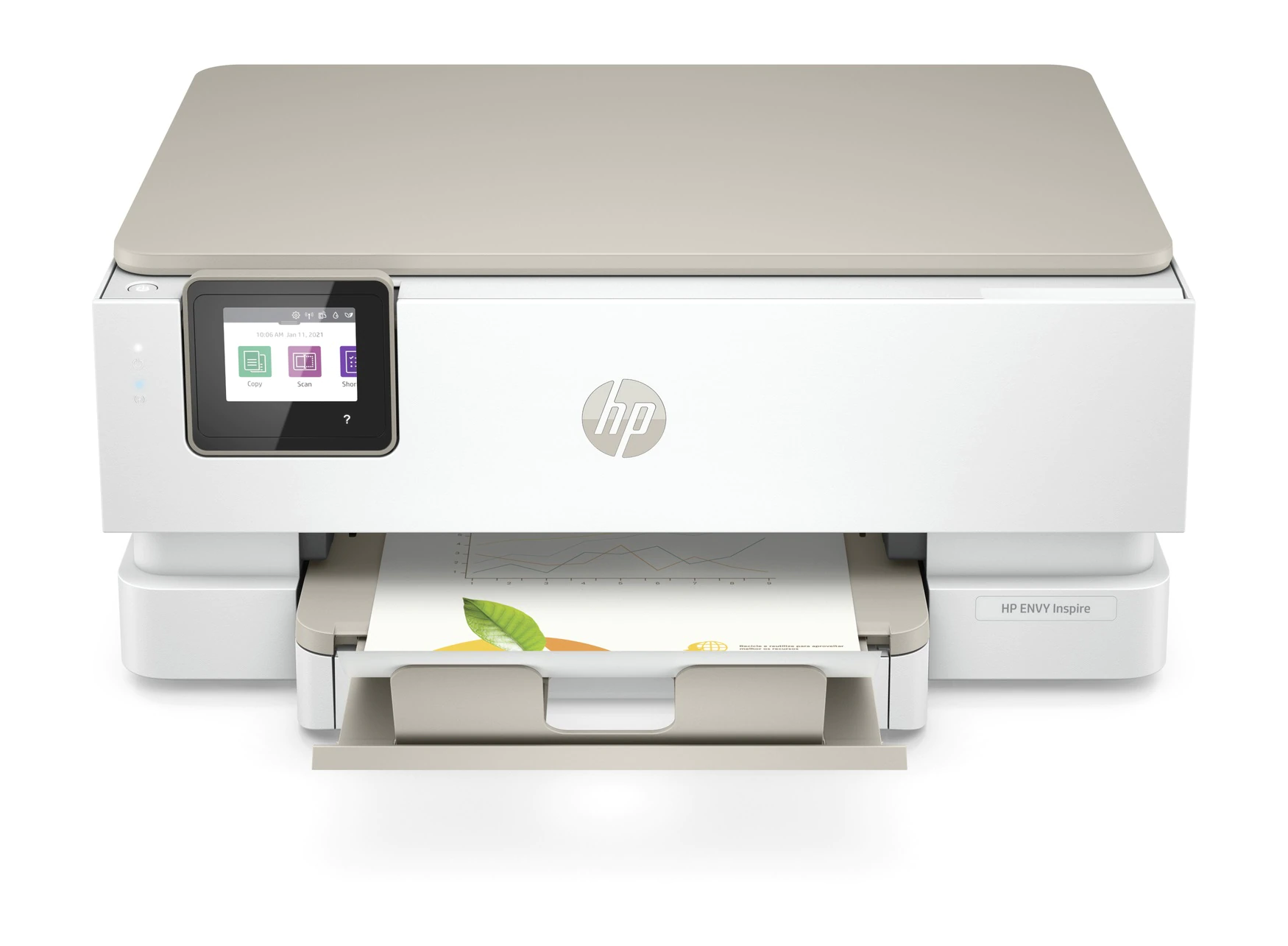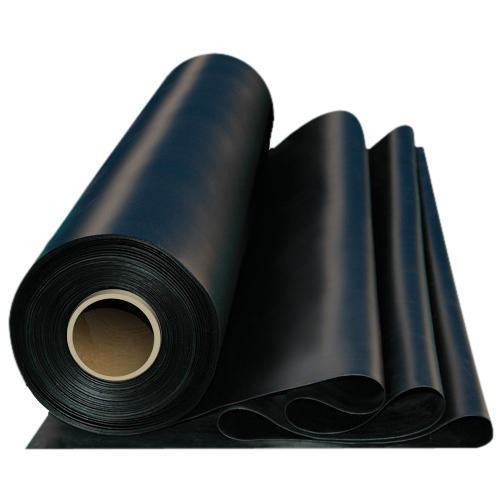How to Ship Goods from Ethiopia to Kenya – A Simple Guide for Shipping from Ethiopia
How to Ship Goods from Ethiopia to Kenya – A Simple Guide for Shipping from Ethiopia
Ethiopia and Kenya are two of East Africa’s most important trade partners. Given that these countries are so connected, it’s no surprise that businesses operating in one or the other often find themselves needing to ship goods from Ethiopia to Kenya — or vice versa. Shipping between these two countries isn’t as simple as you might think, however. Each country has its own set of regulations when it comes to imports, exports, and shipping services. That being said, if you have goods to ship from Ethiopia to Kenya — or vice versa — there are a few things you need to know before beginning the process. In this article we will be covering everything related to shipping goods between Ethiopia and Kenya.
What to know before shipping from Ethiopia to Kenya
First and foremost, you’ll want to check whether or not your goods require an import license. There are a few different things that can put your shipment at risk of needing a license. The most common of these is the nature of the goods being shipped. For example, if you’re shipping out pharmaceutical products, you’ll almost certainly need an import license. Certain types of food products may also require a license before they can be shipped. The other main factor that can affect your license situation is the country of origin for your goods. More specifically, if your products are coming from a country that has been identified as a risk, you’ll need an import license before they can be shipped. There are a few different types of licenses that your goods can be required to have. The most common is an open general license (OGL).
Registering for a Kenyan import license
In the majority of cases, your goods will only need an open general license (OGL). The good news is that you can apply for this license online. In many cases, you can even get it before you even have your goods shipped. However, if you do apply for an OGL before the shipment arrives, you will need to let the Kenyan Customs Authority know the date that you expect the goods to arrive. Once the goods arrive, you can then apply for a full license. If you don’t have an OGL in place before the goods arrive, you’ll have to pay a fine. The amount of this fine will vary depending on the goods that you’re importing and the amount that you’ve declared them for. Import license requirements generally change from time to time. If you’re sending your goods from Ethiopia to Kenya, it’s worth checking the requirements before they arrive. If there have been any changes, you’ll want to make sure you have the right license in place before the goods arrive in Kenya.
Which shipping company is the best?
As we mentioned earlier, there are a few different ways to ship your goods from Ethiopia to Kenya. The best way to decide which shipping company is right for you will depend on the type of goods you’re shipping and your budget. For example, if you’re shipping by air, you’ll obviously have to make sure you can get your goods to the airport on time. When it comes to costs, air shipments are generally the most expensive option. Road shipping is typically the cheapest option, but it may not be the most efficient in all situations. If you’re shipping by sea, you’ll want to make sure the goods arrive on time and at the right place. If you’re shipping by sea, it’s worth checking the reputation of the shipping company you’re considering. It’s also a good idea to check if the company you’re considering has a local office in either Ethiopia or Kenya. Finally, it’s a good idea to have someone in both countries keep an eye on the progress of your shipment.
Shipping by road from Ethiopia to Kenya
In the case of Ethiopia-to-Kenya road shipping, you’ll find that most companies will offer both FOB (free on board) and CIF (cost, insurance, and freight) pricing. FOB refers to the price that the goods are sold for, and the company will then arrange everything in between. CIF refers to the amount that you pay for the goods, as well as the transportation of the goods. Where you’re shipping from and to will determine the best way to ship by road. For example, if you’re on the coast and you want to get your goods to a destination inland, you’ll want to make sure you’re shipping through an inland port.
Shipping by sea from Ethiopia to Kenya
Shipping by sea is likely to be the best option for a majority of people looking to ship from Ethiopia to Kenya. When it comes to sea shipping, you’ll have a few different options. You can either choose to ship through the Port of Massawa in Eritrea, the Port of Mombasa in Kenya, or the Port of Djibouti. In most cases, it’s best to ship through the Port of Mombasa. That being said, you’ll want to check the times that goods are being shipped with the ports in both countries. Of the two ports, the Port of Mombasa is more efficient in terms of time.
By air: Kenya’s main port for exports and imports
When it comes to shipping goods by air, Nairobi International Airport is likely to be your main port of call. That being said, it’s important to note that NIA doesn’t have the same functionality as the major ocean ports. That’s because NIA is only a small regional airport. You’ll want to make sure that your goods are being shipped through one of NIA’s approved freight forwarding companies. The main advantage of using NIA as your main port for exports and imports is that you can save on costs. That being said, you’ll want to make sure that your goods can be properly inspected and cleared for entry.
Final words
Shipping from Ethiopia to Kenya or vice versa can be complicated. You’ll want to make sure that you know the different regulations in each country and that your goods are properly inspected. That being said, if you work with the right logistics company, it should be a relatively simple process.








LEAVE A COMMENT
You must be logged in to post a comment.